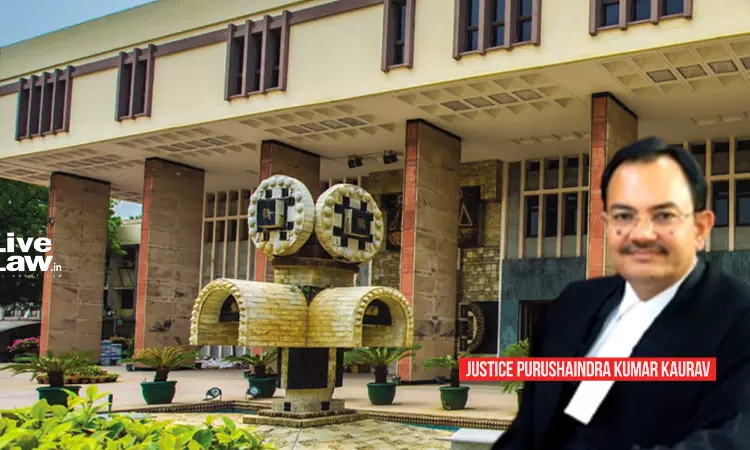Writ Petition Maintainable If Insurer Disallows Claim De Hors Specific Policy Terms: Delhi High Court
Debby Jain
27 Nov 2023 10:15 AM IST

Next Story
27 Nov 2023 10:15 AM IST
Allowing a couple’s insurance claim in respect of travel bookings cancelled due to Covid-19 onset, the Delhi High Court recently held that a writ petition would be maintainable if the court finds that insurer has illegally repudiated the claim de hors specific terms of the policy. Observing that the court could exercise jurisdiction under Article 226 of the Constitution to enforce...
